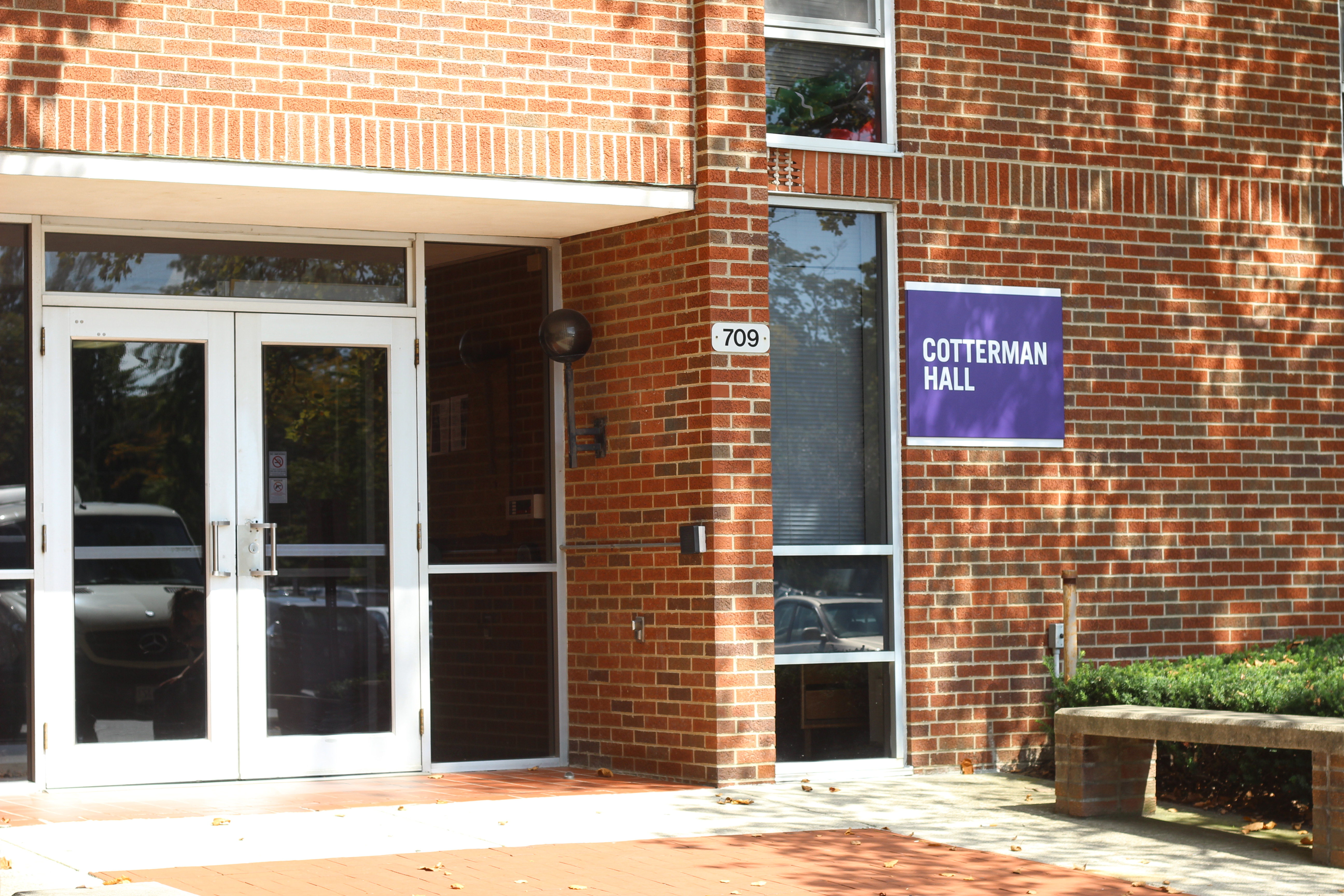Since the beginning of COVID-19, we have all heard the term “essential workers” and have developed somewhat of a general idea of what that means. Essential workers are usually thought of as health care workers and first responders.
However, there are some “hidden” essential workers in society today, those including resident assistants (RAs) at Capital University. Capital’s RAs have had to take on new responsibilities, learn new rules, and deal with the ongoing COVID-19 changes. They have had to be flexible and willing to accept change during this transitional period.
Kelcie Fox, a third-year nursing student, has been an RA for approximately a year and a half. She has experienced changes due to COVID-19 and, with these changes, came new responsibilities. Fox, along with all of the other resident assistants, have had to become “enforcers and informers” of the new COVID-19 policies.

Kam Lee, third-year psychology and criminology double-major, has also been an RA for about a year and a half.

Not only are the RAs responsible for their normal resident assistant duties, but they have also had to start being responsible for their residents’ safety.
They now have to make sure that residents are wearing masks, along with other safety guidelines involving guests, quarantining, and isolation protocols.
“We’ve had to educate all of our residents on the new precautions, along with what to do if they come into contact with someone…showing symptoms, or have tested positive for the virus. It’s also been a constant struggle trying to get people to follow the new rules. People hate change and being told what to do, so it has been difficult,” Fox said.
The RAs have also had to get “creative” with the usual resident hall programming, bonding, and reaching out to residents.
“Before, when I couldn’t contact a resident about something important, I could just knock on their door but now that’s not the case,” she continued.
Lee also has had to find new ways to get into contact with his residents. Recently, he has been able to learn about them more without direct contact, which has made him grow in his role as an RA.
In addition, the RAs have had to make hastey changes, such as covering shifts for RAs that are put into quarantine or isolation, which has created more work for the other resident assistants.
These changes have brought stress for the RAs. One of these stresses for Fox is the possibility of contracting the virus. Even though she lives in a single room, Fox is still fearful regardless of the precautions put into place.
For Lee, the stress isn’t too hindering. Remaining cautious and following safety guidelines have helped him decrease stress.
He is most concerned about being available to his residents during this stressful time. Oftentimes, Lee finds himself busy with classes, football, or Young Life. Because of this, he has found it challenging to spend time exclusively with residents in his hall.
“As a leader, I’m concerned by how much is unknown for the school year. I like to be able to keep residents and teammates informed on what’s currently going on at Capital, but it’s been very hard this year with the amount of adaptability that’s been needed for this peculiar semester,” Lee said.
He has worries about other aspects of his life at school, as well.
“As a student, my concern is about the ability to retain and learn information during online classes. It’s difficult for me to stay attentive during online classes, and the level of engagement is not the same as in-person classes, which makes it hard to learn,” Lee added.
Being an RA during this time has also given Fox additional concerns, beyond those already described. She feels for the mental health of her residents, because she understands how strenuous it can be with the changes that have resulted from COVID-19, including online classes.
“Honestly, being an RA now is scarier [now] more than ever…I’ve dealt with many mental health crises as an RA but now it’s been more difficult to reach out and check in with residents. I know my own mental health has been affected as well, making me unable to do my job [at] the level I normally would,” Fox said.
The university has also had to find a way to help the RAs in this grueling time of change. Fox believes that they are trying their best, but have found it demanding for them to keep up with everything happening.
Between the university and the RAs, they have had their small problems here and there, however, she believes that the university is starting to listen to them. Lee also agrees that the university has their best interest in mind.
“…I understand and acknowledge the effort and hard work that has been given in order to help the students of this university have a successful college experience. From the SCE working with organizations to hold events, to the athletic facilities doing their part to keep athletes practicing and healthy, the university has been acting with the students’ best interest in mind,” Lee concluded.
Capital staff, faculty, students, coaches, athletes, and RAs have all had to deal with significant changes due to the pandemic. Everyone has had new responsibilities and as Lee said, has had to deal with a peculiar semester.


